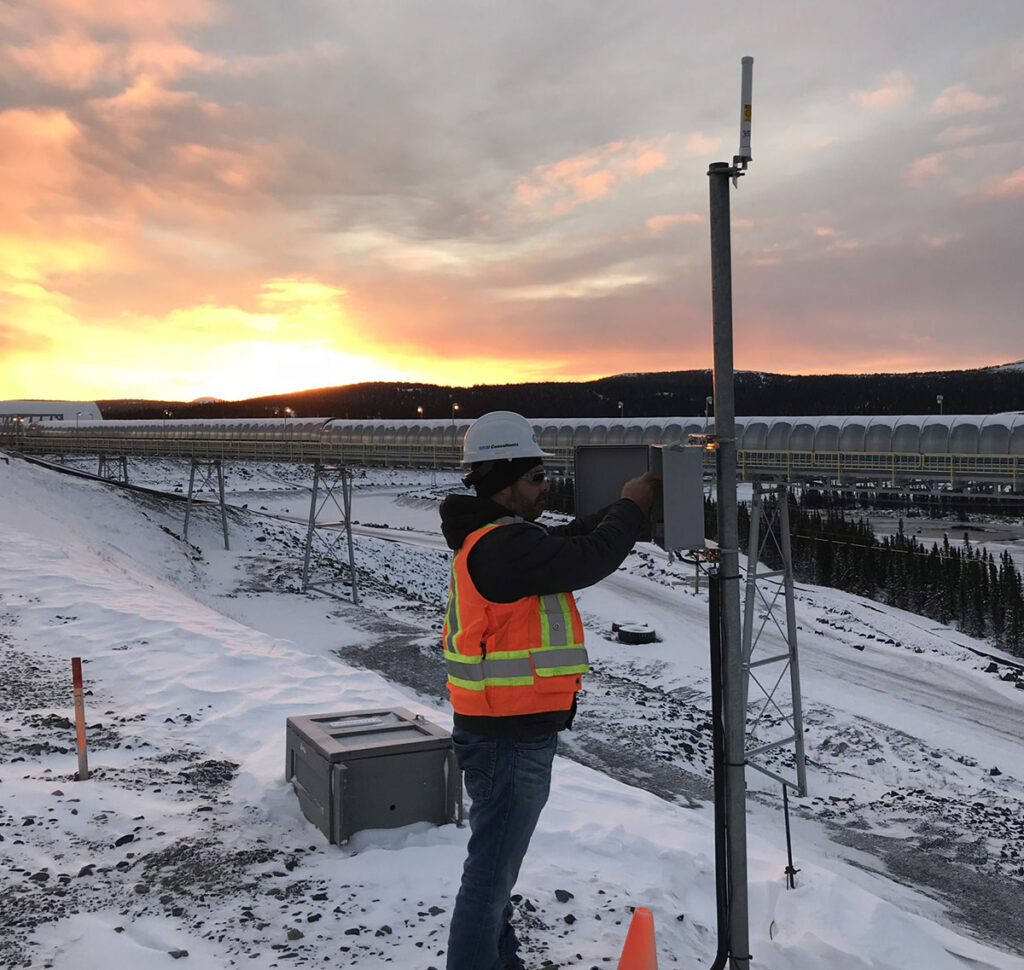Mining’s top industry body has released a strategy to boost the sustainability of the sector while supporting innovation, social performance, and governance and transparency. The International Council on Mining and Metals (ICMM), which includes a third of the largest global metals and mining companies in the world, released the strategy this month to coincide with its 20th anniversary.
The strategy includes delivering on a commitment announced last year to achieve net zero scope 1 and 2 carbon emissions—those produced directly from mining and indirectly from the energy used by the industry—”by 2050 or sooner.”
Last year’s commitment also involves setting carbon reduction targets for scope 3 emissions—those caused by all other aspects of the industry, including the goods it purchases and the products it sells—by the end of 2023 or “as soon as possible.”
Mining is directly responsible for between four and seven per cent of global carbon emissions, according to McKinsey, the consultancy firm. But if the scope 3 emissions are included then that level rises to around 28 per cent, largely because of the greenhouse gases produced from burning coal.
As well as reducing these emissions, the ICMM strategy supports innovation for sustainability, for example to help the industry move towards a more circular economy and to reduce the environmental impact of disasters associated with tailings dams. These are sites where the wastewater and sludge from mining is stored, and they can become unstable as they grow. Tailings dam failures can cause catastrophic damage to nearby communities and ecosystems.
Environmental performance
In 2019, for example, a tailings dam failure in Brumadinho, Brazil, killed an estimated 270 people and released around 12 million cubic metres of mining waste into the environment. Andrea Bartoli, chief technology officer at Worldsensing, which sells Internet of Things (IoT)-based monitoring equipment for mines and tailings dams, tells Discover Cleantech that the mining industry is working hard to improve its environmental and social performance.
“We provide innovative network management tools and low-power IoT sensor-based monitoring technology that are key in helping the mining industry to become resistant to climate challenges, and we have seen mounting interest in our products and services across the sector,” he says. “There is no doubt that the mining industry is heavily focused on digital transformation to improve current operations to be more sustainable and safer.”
The ICMM, which includes mining giants such as BHP, Glencore, Anglo American and Rio Tinto, is clear that mining has a major role to play in delivering the minerals needed for the energy transition—but not at any price.
“For the world at large, the next three years will shape the outlook for the next 30,” says Rohitesh Dhawan, president and chief executive officer of the ICMM. “To achieve a net-zero economy by 2050, decarbonisation technologies must be deployed at an unprecedented scale in the near term. Metals and minerals are the backbone of these solutions and are in many cases in short supply, but it is our fundamental belief how these are produced is as—if not more—important than how much.”
Photo: Anglo American @ Flickr
